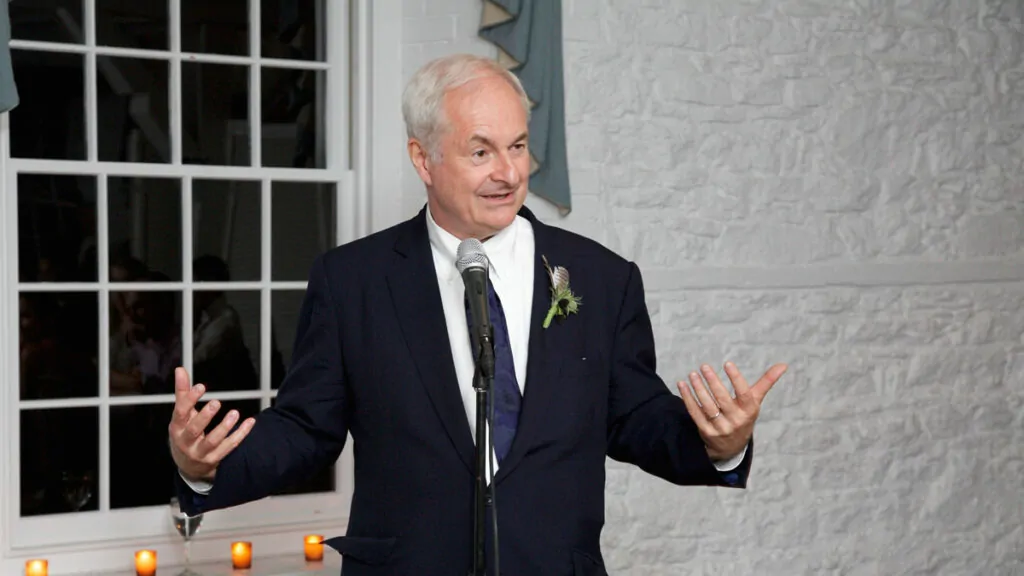When I was first contacted by Paul Gambaccini, I was steeped in a case of huge public importance which had dominated my life for the previous 10 weeks. The Miranda/Greenwald litigation at the High Court regarding the use of Terrorism powers to detain a journalist’s assistant carrying the Ed Snowdon materials was in full swing. Paul’s phone call came the day before we were due in court.
I took on Paul’s case without hesitation, not only because of its interesting and sensitive nature, but mainly because I had a huge soft spot and respect for him, having listened to his shows as a child where he gave behind the scenes accounts of huge bands such as Fleetwood Mac and later the fantastic Academy Award programmes. When I listened to him on the radio exposing the sexual shenanigans of the Fleetwood Mac band, I could never have imagined that one day I would be sitting with him in my office discussing some of the most private and intimate aspects of his own life.
In many ways Paul Gambaccini’s case was not unique in its kind. However, because he was unfamiliar with the whole process, the outrage at his treatment helped to highlight the unfairness for many of those embroiled in a criminal investigation.
He was arrested in the early hours when, in my view, there was no necessity to arrest him at all. His arrest was leaked which resulted in the Press camping outside his home for a week and the suspension from his high profile work at the BBC. He co-operated fully with the police investigation giving hours and hours of police interviews, answering every question at great length but also making it apparent that he had no idea of the identity of his accusers and that the events alleged could not have possibly happened. His co-operation appeared to make no difference to how he was treated. Once Paul’s case was dropped we found out through a witness the police had spoken to that a couple of months after his arrest, the police felt there was a 5% chance of a conviction. Yet, Paul was kept on bail for almost an entire year, unable to work, restricted by bail conditions and shunned by charities which he had actively supported in the past. The police gave no indication to me of the weaknesses of the case and in fact led me to believe that Paul would be charged. I now know this was clearly never going to happen.
The problem when people are arrested and their names leaked to the press is that they are often kept on bail for month after month, sometimes years, where there is no accountability on the part of the police, no time limits and no requirement for the police to provide any information to the solicitor. Paul Gambaccini’s case has highlighted the flaws and inequities in this system. Fortunately, Paul is respected by many and those in high places had concern about his treatment. Paul and I were invited to the Home Affairs Select Committee to comment on the bail system and we both called for bail reform. I emphasised the need for initial investigation before a suspect is arrested or interviewed. Where resources are limited, it is far easier for the police to feel the collar of a potential suspect to show they are doing something rather than carrying out the necessary investigative work first to establish whether there is any credibility to the allegations made. We both called for suspect anonymity pre charge, except in exceptional circumstances where publicity may prevent further crime. We asked for statutory time limits on bail, greater accountability and transparency. To our surprise, Bail Reform became high on the Government’s agenda and was included in the Queens Speech with the majority of our recommendations with regard to bail adopted by the Government.
Looking back to the first day I met Paul Gambaccini, this has not only turned out to be a lengthy, but successful legal battle to regain his freedom and reputation, but also a much talked about appeal to pre charge bail reform and potentially a change to the Law. Let’s hope that this talk becomes action.
